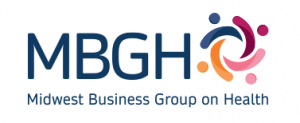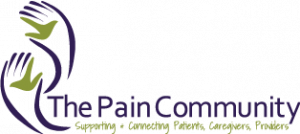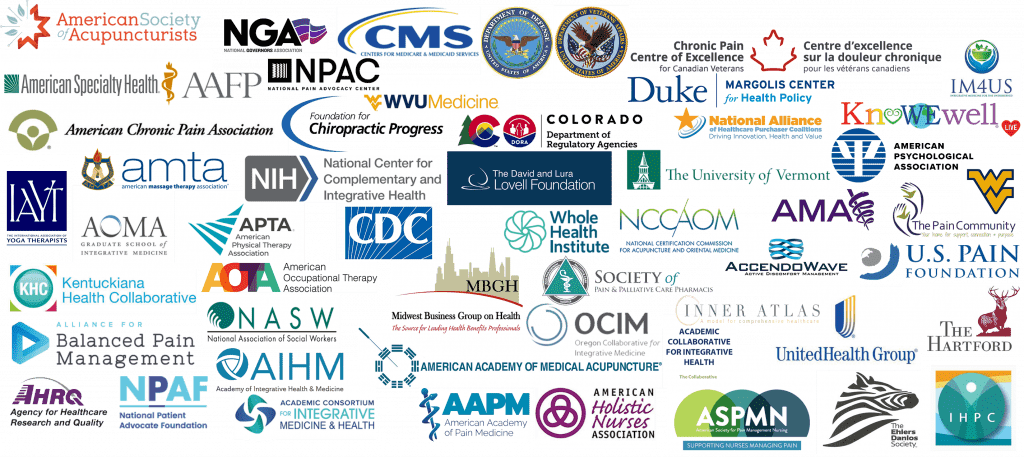Advancing Comprehensive Integrative Pain Management
What Matters
to You?
AACIPM’s 2021 Highlights
AACIPM connects multi-stakeholders with a shared interest in modifying policy and payment design to improve access to whole person pain care.
Click on a topic to learn more.
PATIENT-CENTERED
Access to Care
and
Payment Design

AACIPM participated in a series of events and collaborated with pain community supporters to promote September as Self Care and Pain Awareness month.

AACIPM co-created a panel presentation, Advancing Integrative Pain Management Through Collaboration and Advocacy as part of the Acupuncture and East Asian Medicine track at the IM4US 2021 conference, Decolonizing Medicine: Toward Equity and Inclusivity in Integrative Healthcare.
With September being Awareness Month for Pain, Self Care, and Suicide Prevention, AACIPM collaborated with – Whole Health Institute, Midwest Business Group on Health, The Pain Community , University of Vermont Medical Center and KnoWEwell–to spread awareness and deepen connections and understanding regarding the intersection of these important issues. Watch webinar replay here.
Panel: Why Our #PainCounts, held by U.S. Pain Foundation, brought together leading experts in disparities and chronic pain to discuss what needs to change so we can better support people with pain.
Panelists included:
- Carmen Green, MD, Dean of CUNY School of Medicine at the City College of New York and national expert in addressing disparities in pain care. See Dr. Green’s inspiring intro, the Pain of Prejudice, for US Pain’s INvisible Project.
- Amy Goldstein, MSW, AACIPM Director who focused on synthesizing payor, provider and patient interests when it comes to access to multidisciplinary care; and
- Gwenn Herman, LCSW, DCSW, a person living with pain who founded Pain Connection, a national network of chronic pain support groups, support leader trainings, and more.
- Nicole Hemmenway, CEO, U.S. Pain Foundation







A Paradigm Shift: Partnering & Aligning to Change Policy & Practice
AACIPM is a leader thoughtfully connecting key stakeholders and influencers towards the paradigm shift we all want to see – person-centered, evidence-based, comprehensive, integrative, integrated, interdisciplinary pain management.

NATIONAL AND STATE POLICY EFFORTS
- Facilitated a working group and issued recommendations to CMS regarding payment for pain care services, ultimately having recommendations #2 and #4 directly quoted within the final CMS rule as possible future considerations.
- Coordinated a second group response to AHRQ regarding their Integrated Pain Management Programs Systematic Review.
- Submitted a letter in March 2021 to the National Center for Complementary and Integrative Health in response to their public comment request on their 5-year strategic plan.
- CARA 3.0. Apprised stakeholders of developments via our Connecting the Dots Blog and through our e-newsletter.
- Connector through ongoing communication with policy leaders & updates on emerging pain policy provided to our partners via our monthly e-newsletter and website.
PROMOTE INNOVATION AND PROGRESS
- Facilitated Benefit Design Workgroup with 20 national experts and is in process of creating more resources from this activity.
- Disseminated the Veterans Administration’s initial findings from this pilot showing an increase in Whole Health services to Veterans by 193%.
- Collaborated with Duke to promote their Four Case Studies on Integrated Pain Management.
- More than 100 calls with key multi-stakeholder leaders who are active and interested in this space, involving listening, learning, connecting and sharing updates & resources.
- Spotlight: AccendoWave: Innovative Device that Objectively Measures Pain and Improves Patient Experience Named Quarterfinalist in UCSF Health Awards
- Spotlight: New Specialty in Pain Management Pharmacy Could Improve Interdisciplinary Care Teams
- Spotlight Report: Telehealth Laws and Reimbursement and A Comprehensive Scan of the 50 States and District of Columbia–Findings & Highlights report link
- Spotlight: Twillman Talks Telehealth, A Year Later
STRENGTHEN PARTNERSHIPS / BUILD AWARENESS
- Connecting the dots across stakeholders through digital media, committee work, meeting facilitation, resource development, etc. to help align interests and highlight trends.
- Activated around September as Pain and Self Care Awareness Month – full schedule of activities.
- Held webinar with Midwest Business Group on Health, Whole Health Institute, The Pain Community and KnoWEwell Live: Bridging Self Care and Comprehensive Pain Management in Program and Payment Designs.
- Promoted Patient-Centered Care Awareness Month in October.
- Collaborated with other organizations to share relevant education and announcements, such as: Chronic Pain Research for Canadian Veterans Veteran and Family Well-Being Series; Whole Health Institute’s free Clinical Foundation Series for providers, clinicians, pre-health students; University of Vermont Integrative Pain Management Series; Center for Innovation in Family Medicine integrative pain management series, and the Kentuckiana Health Collaborative Annual Conference.
-
Participated in UVM’s conference, both by providing scholarships to providers caring for the underserved and presenting in the final plenary session exploring the National Landscape in Comprehensive Integrative Pain Management with panelists: Christine Goertz, D.C., Ph.D., a Professor in Musculoskeletal Research at the Duke Clinical Research Institute and Director of System Development and Coordination for Spine Health in the Department of Orthopaedic Surgery at Duke University and AACIPM Advisory Committee member, Amy Goldstein, M.S.W., AACIPM Director, and Samantha Simmons, M.P.H., President of the Oregon Collaborative for Integrative Medicine and the Director of The Whole Health in the States Initiative. You can view Amy’s slides here.
CONSUMER-RELATED ADVOCACY, RESEARCH AND RESOURCES
- Alerted stakeholders to newly released resources, such as: U.S. Pain Foundation’s Virtual Advocacy Day, the National Institute on Aging’s Consumer Guide on Pain, and the VA’s Mindfulness Institute.
- Participated in Why Our #PainCounts, a panel with Carmen Green, MD; Amy Goldstein, MSW; Gwenn Herman, LSCSW, held by U.S. Pain Foundation.
- Managed a patient resources page, including books, apps, support groups and more, for use by all stakeholders.
- Spotlight: How Pain Education Helped Me Go from My Wheelchair to Win a Medal in Less than a Year
- Spotlight: Kate Nicholson and the National Pain Advocacy Center
- Spotlight: Patricia Herman, RAND: Four Papers Focus on Patient Use of Provider-Based Nonpharmacological Care for Chronic Spinal Pain
ADDRESS EQUITY ISSUES
- Co-created a panel presentation, Advancing Integrative Pain Management Through Collaboration and Advocacy, as part of the Acupuncture and East Asian Medicine track at the IM4US 2021 conference, Decolonizing Medicine: Toward Equity and Inclusivity in Integrative Healthcare.
- AACIPM & AMA Collaboration: Texas FQHC Develops Integrative Model for People with Pain: Advocacy Efforts to Improve Access.
- Bolstered the Integrative Pain Workforce through Scholarships to UVM’s Conference, in collaboration with IM4US and UVM.
- Spotlight: University Improves Care in Rural Communities with New Integrative Pain Management Curriculum
- Spotlight: Understanding Group Medical Visits for Chronic Pain with Jeffrey Geller, MD and Paula Gardiner, MD
